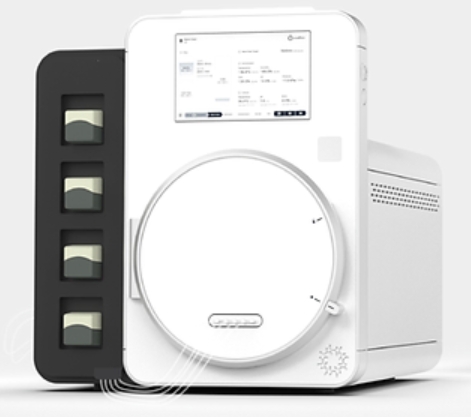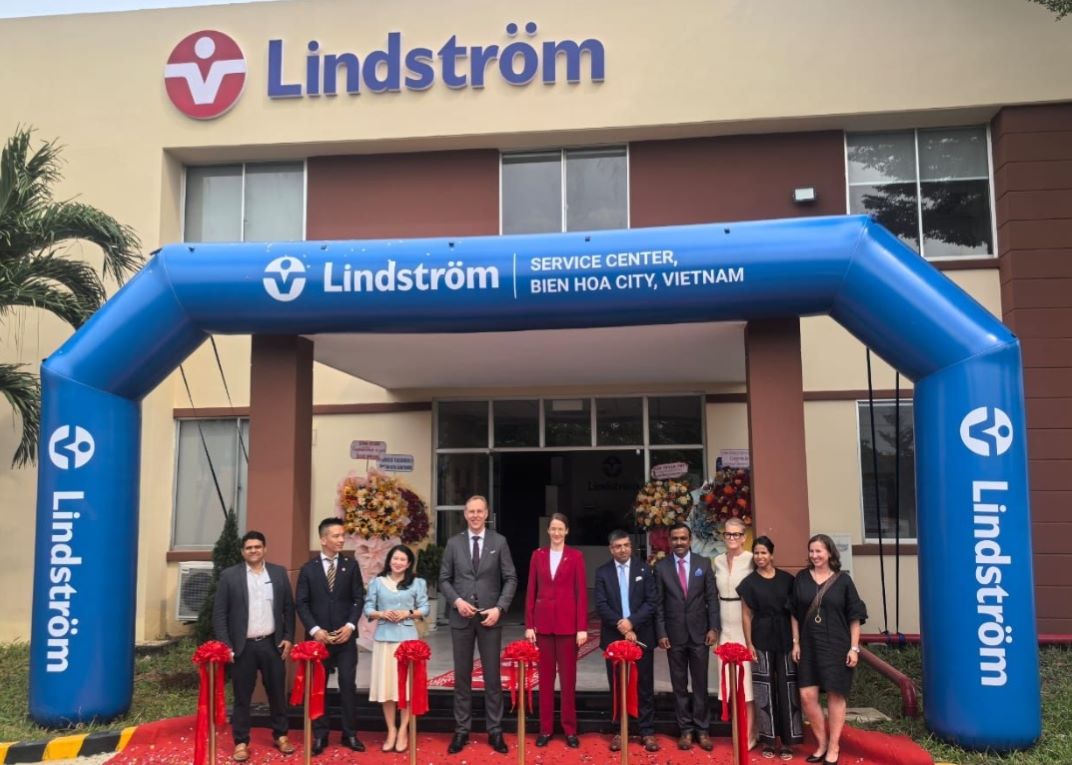
There is consensus among scientists that climate change is having a disastrous impact on health, particularly on the incidence of infectious diseases – that health, in short, is the human face of climate change.
That global leaders are listening was demonstrated during the recent COP28, where a dedicated Health Day was held for the first time. During this Health Day, partners and governments pledged $777 million to address neglected tropical diseases (NTDs), which the World Health Organization (WHO) described as ‘particularly [climate]-sensitive’.
This is encouraging, but there needs to be more focus on medical innovation.
The geographical spread of neglected diseases, including dengue and leishmaniasis, is worsened by climate change as vectors, such as mosquitoes and sandflies, thrive due to warmer temperatures, increased rainfall, and flooding.
And yet, these diseases receive little attention in conventional medical research. Diagnostics, treatments, and vaccines are too often not good enough, unsuitable, inaccessible, or unaffordable – sometimes they don’t exist at all.
For example, there is no treatment for dengue, a disease spreading rapidly because of climate change. Half of the world’s population is at risk: last year, many countries experienced their worst dengue outbreaks ever. In Bangladesh, 1,500 people died – 160 of them children. We urgently need treatment solutions to prevent progression to severe dengue and stop hospitals from being overwhelmed.
To respond to these threats to human health, we need effective medical innovations as intervention tools i.e. diagnostics, treatments and vaccines. Biomedical innovation must therefore be at the core of climate adaptation strategies.
And it is also crucial that the fruits of this medical innovation will be accessible to everyone, regardless of their income or where they live. COVID taught us no one is safe until everyone is safe. We need to make sure the biomedical innovation to tackle climate-sensitive diseases is supported by an enabling environment that allows for equitable access.
Access is particularly important because the most vulnerable communities will bear the brunt of the climate crisis. A recent WHO systematic review highlighted that NTDs ‘are prevalent amongst vulnerable populations in countries expected to experience the greatest environmental change in the coming decade.’
COVID also taught us that innovation should happen close to patients and tap into existing expertise. That is why, to identify and develop an accessible treatment for dengue, we co-created a dengue alliance with research institutes from India, Thailand, Malaysia, and Brazil. We see a role for industry partners, researchers, and governments of the Global South to take the lead in driving the response.
It can be done. My own medical research organisation has delivered 13 new, safe, effective, and accessible treatments for six diseases since its creation 20 years ago – using an alternative not-for-profit model that brings together the best of public and private sectors, including from endemic countries.
For dengue for example, we started a promising partnership with Benevolent AI, a drug discovery biotech company, to use artificial intelligence to identify a potential repurposed treatment.
Biomedical companies have therefore a central role to play to prepare for the impending climate crisis. And to support those efforts, governments and development partners must urgently invest in research for new health tools for climate-sensitive diseases. We cannot afford to wait.
Dr Kavita Singh, Director, Drugs for Neglected Diseases initiative, South Asia




